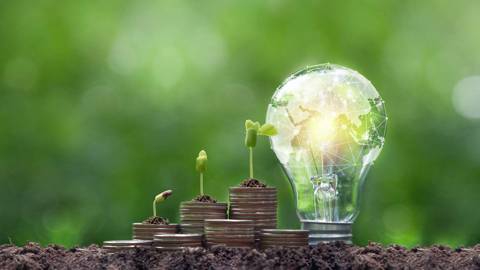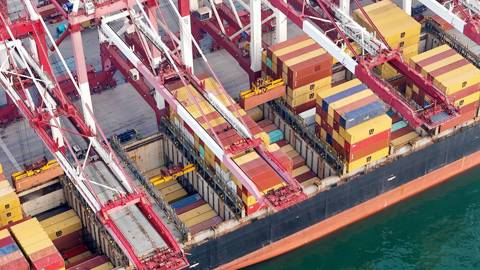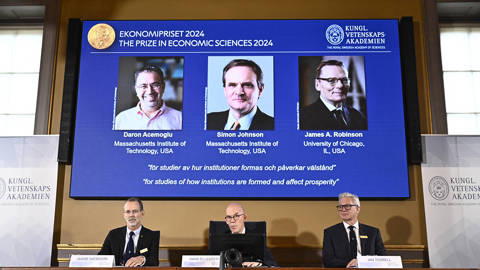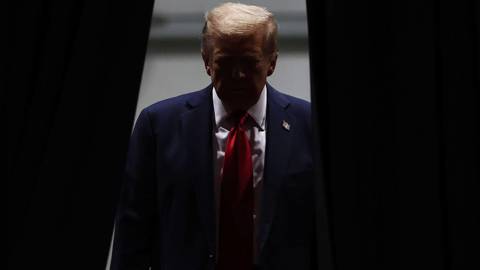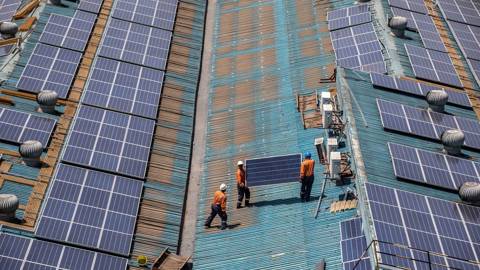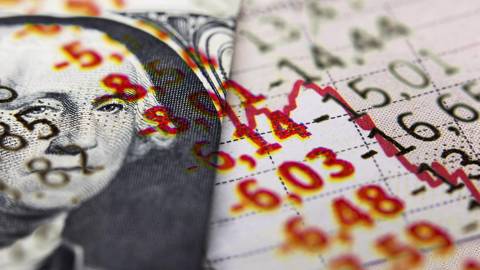Uncertainty about China’s economy is roiling financial markets worldwide. But just how serious is the threat to China’s long-term prospects and to global economic stability?
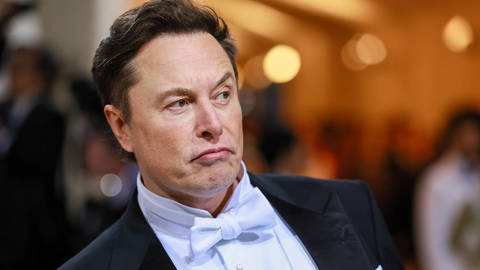
Uncertainty about China’s economy is roiling financial markets worldwide. But just how serious is the threat to China’s long-term prospects and to global economic stability?
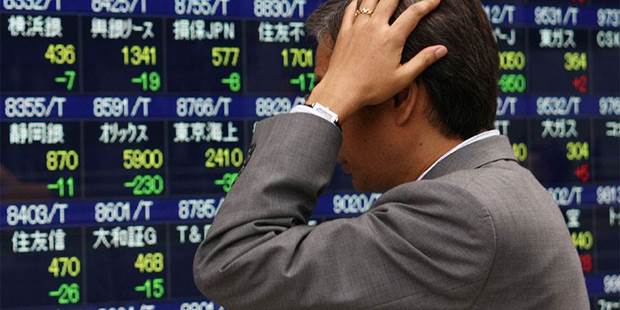
Aug 28, 2015 Koichi Hamada explains why a highly managed economy can produce more instability than a free one.
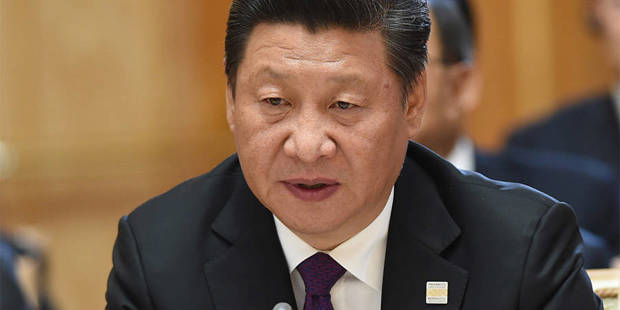
Aug 26, 2015 Michael J. Boskin underscores the danger to long-term stability implied by reversion to state control of the economy.
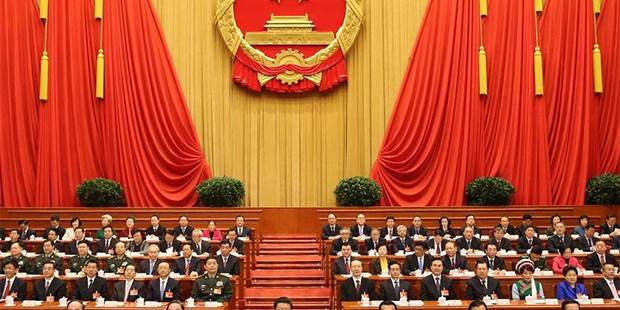
Aug 25, 2015 Stephen S. Roach asks whether the country's leaders are juggling too many policy objectives.

Aug 21, 2015 Richard Haass identifies choices confronting the country's leaders that are as difficult as they are unavoidable.
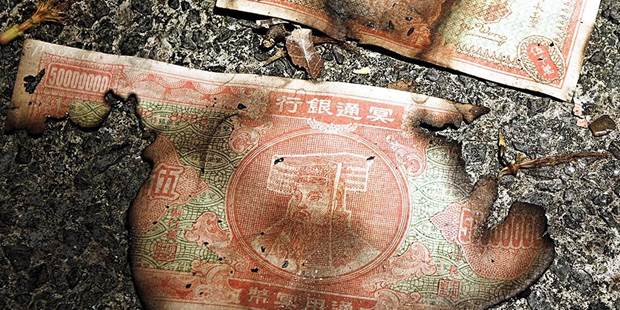
Aug 19, 2015 Gene Frieda highlights the risk that local government liabilities pose to the Chinese economy.

Aug 19, 2015 Benjamin J. Cohen concludes that China's long-term strategy for its currency remains on track.

Oct 10, 2024 Dani Rodrik
Oct 9, 2024 Andrew Sheng & Xiao Geng
Oct 10, 2024 Kenneth Rogoff
Oct 10, 2024 Thomas Buberl
